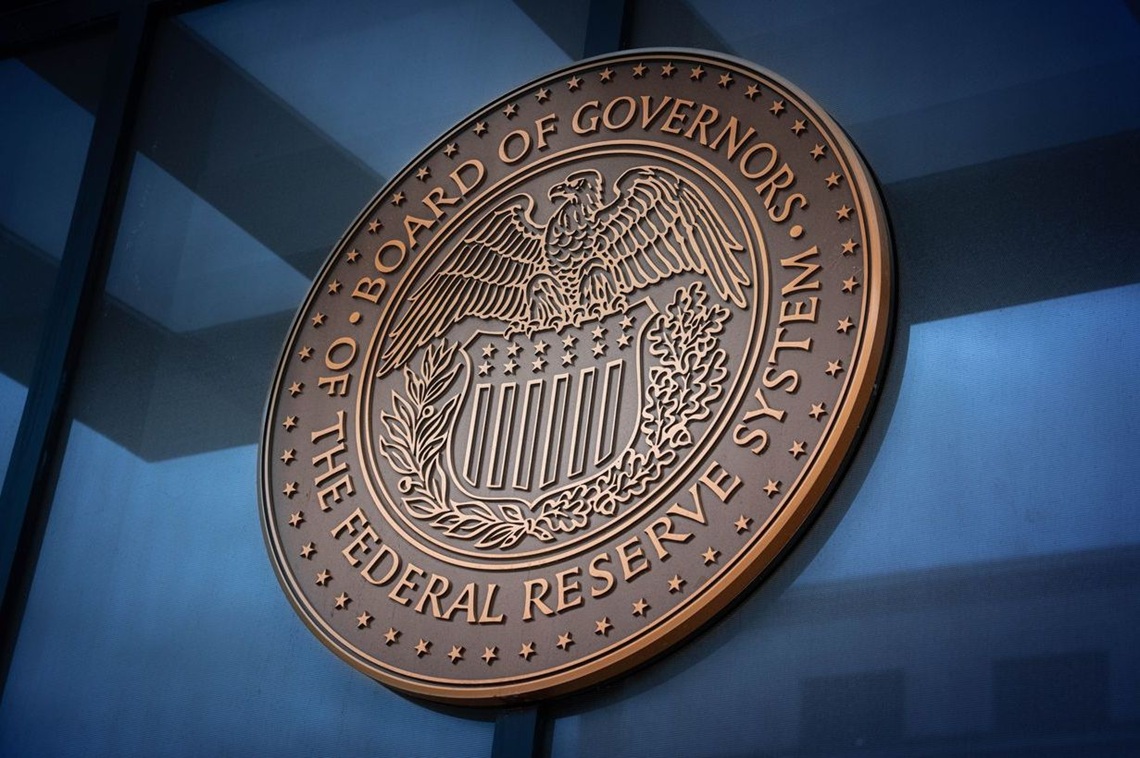After an initial firestorm sparked by President Donald Trump’s sharply critical—and threatening—comments directed at Federal Reserve Chair Jerome Powell last week, the controversy may be dying down, at least for now.
On Tuesday, Trump clarified that he had “no intention” of attempting to fire Powell before his term is up in 2026—a move that would almost certainly set off a major legal confrontation and likely further roil financial markets.
But following the threats and pressure, as Trump has explicitly pushed the Fed to lower interest rates, Fed members—who will meet on May 6 and 7 to vote on interest rate changes—addressed the controversy directly and indirectly, while also sticking to the message that new trade and immigration policies have created uncertainty regarding the broader state of the economy.
This past Monday morning, Fed member Austan Goolsbee was interviewed on CNBC and asked directly about Trump’s comments.
“There’s virtual unanimity among economists that monetary independence from political interference—that the Fed or any central bank be able to do the job that it needs to do—is really important,” he said.
Goolsbee added that uncertainty around tariffs is giving Fed members pause, with “a lot of question marks” around what policy will look like in the near future.
With a housing market showing some cracks based on this same uncertainty, real estate professionals are once again closely watching decisions by the central bank which move mortgage rates. Now, though, the possibility of a larger economic pullback, which could finally depress demand for homes that mostly remained resilient throughout the last four years, is also a worry.
On Tuesday, Adriana Kugler, who was nominated by former President Joe Biden, emphasized the economy is still in a good place, but noted that consumer surveys are showing trepidation about the immediate future.
“Consumers and businesses make decisions based on financial conditions,” she noted. “Lower mortgage rates can encourage renters to buy a home by reducing the monthly payment borrowers face and can encourage existing homeowners to refinance their mortgages to free up cash for other purchases.”
Kugler was explicit that she would not support lowering rates at this point based on “upside risks on inflation” from new federal policies, especially tariffs.
Neel Kashkari, who is currently an alternate rather than a regular voting member of the Federal Open Market Committee (FOMC) that votes on rate changes, put forward mostly the same sentiments in an interview this week, but also stressed that the Fed should remain independent of political pressures.
“Politicians all the time offer their opinions about what they think monetary policy should be. Our jobs at the Fed are to make the best decisions that we can—we’re not perfect—based on data and rigorous analysis,” he said.
Kashkari noted that he joined the Fed under former President Barack Obama, but continued to serve under both Biden and Trump, and claimed that his choices were never based on who was president.
“I can say that’s true for all of my colleagues, even the ones that we may be on different sides of a given vote at a given day, I know they’re making the best call that they can based on data and analysis,” he said.
“Powell has done an outstanding job keeping all of us laser-focused on the job that congress has assigned us,” he added.
Patrick Harker, also an alternate right now, added in a separate speech that the Fed’s credibility is its “most precious resource.”
On the other hand, Fed Governor Christopher Waller, who is a voting member of the FOMC, pointedly said he would not be addressing the questions of policy at a speech Wednesday. Waller was nominated by Trump back in 2020.
“For anyone on the livestream who’s logged in because they think I’m going to talk about monetary policy—you can log off and get back to work because I’m not going to,” he said.
Fed Vice Chair Philip Jefferson—who is a voting member—largely avoided topics of monetary policy on Tuesday, speaking about how the Fed’s choices affect economic mobility.
“Low and stable inflation is important for individuals and businesses for a variety of reasons,” he said. “It helps individuals and families plan for major purchases, such as a car or home, and for major expenses, including retirement and college.”
Goolsbee back on Monday said that there are examples of what happens to economies when countries take away the political independence of their central bank, and noted that even the suggestion that the Fed would not have independence could undermine confidence in markets.
“I strongly hope that we do not move ourselves into an environment where monetary independence is questioned,” he said.

